DALLAS – Today, in 1971, the first Southwest Airlines (WN) flight took off at 7 a.m. from Dallas Love Field (DAL). It was bound for Houston Intercontinental Airport (IAH) and San Antonio International Airport (SAT) in 1971.
On that day, the first uniforms for hostesses and ticket agents were also introduced. The “love airline” was officially born. Captain Emilio Salazar flies the inaugural flight.

At the time, only three Boeing 737-200 comprised the new airline’s fleet. Not without a rocky start, the carrier’s quick thinking gave way to weekly scheduled flights to 100 cities by 1972 as found in the Official Airline Guide of that year.

Three Years in the Making
Southwest Airlines was founded in 1967 as Air Southwest Co. by Lamar Muse, Rollin King, and Herb Kelleher to offer services throughout Texas. An air certificate would come not without some delays before any flight would take off.
The carrier had to go through the Texas Supreme Court in 1970 due to other airlines taking legal actions against it in relation to nonconformities in federal market regulation. By the end of that year, the Court declined to review the case and WN obtained its air operator certificate from the state of Texas.
.avif)
Months later, the airline changed its name to Southwest Airlines and established Dallas as its headquarters. On June 18, it flew for the first time, inaugurating two routes: DAL-IAH and DAL-SAT.
With its Boeing 737-200, WN flew 61 flights on the DAL-IAH route, 23 between DAL and SAT, and 16 on its SAT-IAT connection in its first year of operations.

Southwest Boeing 737 Fleet
WN was actually the owner of four Boeing 737 aircraft but decided to operate three, leaving one grounded in 1970. The early 1970s were a turbulent time for the startup airline.
Having already posted a net loss of US$1.6m by 1972, the company was forced to sell one of its planes to Frontier Airlines (F9) to have liquidity for payroll and other expenses.
Bill Franklin, WN’s vice president of ground operations, was tasked with finding a solution. He came up with a simple one: unload and load passengers faster than the other airlines, and get the planes back in the air as soon as possible.

The 10-Minute Turn
The question was whether WN could turn a plane around in 10 minutes, which could keep its schedule running like clockwork. And so, legend has it that Mr. Franklin said, “We can, and we will.”
Franklin was a no-nonsense type of guy and would implement this strategy no matter what. The operator had to either turn the airplanes in 10 minutes or Franklin was going to fire every single one of them. Ground operators and cabin crew complied.
Turning planes like an assembly line would let WN make its mark with its “10-Minute Turn,” further recognized with the later addition of other cities and airports extending beyond Texas.
Today, the job of getting in and out of the gate in 10 minutes is unmanageable — but back then, the 10-Minute Turn saved the airline.
In the following TV spot from 1982, Southwest Airlines Chairman, Herb Kelleher, touts the benefits of the famous Southwest Airlines 10-minute aircraft turnaround.
The Spirit of Kitty Hawk
On June 18, 2011, WN donated its introductory Boeing 737-300 to the Frontiers of Flight Museum to commemorate the 40th anniversary of the airline’s first service. The -300 model started operations in 1984 when the carrier incorporated other Boeing 737s to carry out longer-haul operations.
Sometime later, the Dallas-based Museum would transform the aircraft into a premier historical exhibit called The Spirit of Kitty Hawk. Visitors can go aboard the plane for a cabin tour enhanced with an interactive exhibition of memorabilia and original art.
.avif)
The Spirit of Kitty Hawk features items from the personal collections of WN’s founder, Herb Kelleher, and of the first female president of a major US airline, Colleen Barrett, among other memorabilia.
Needless to say, WN has become a major player in air transport thanks to its innovative model, one that reshaped the way we travel today.
Article sources: Southwest airlines, NPR.
Read More
Check out the Airways May/June 2021 issue, and learn more about the successful history of Southwest Airlines.


.jpg)
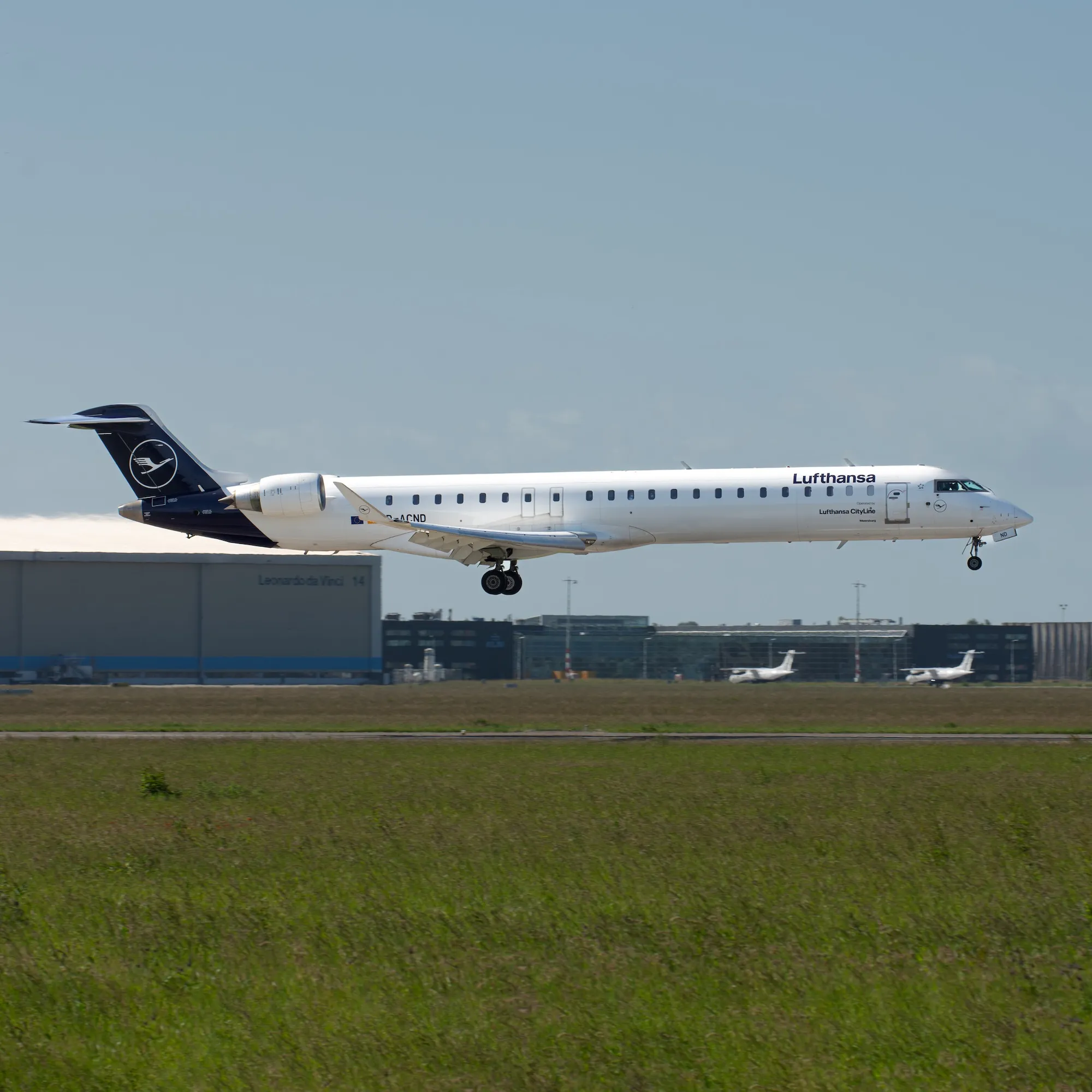
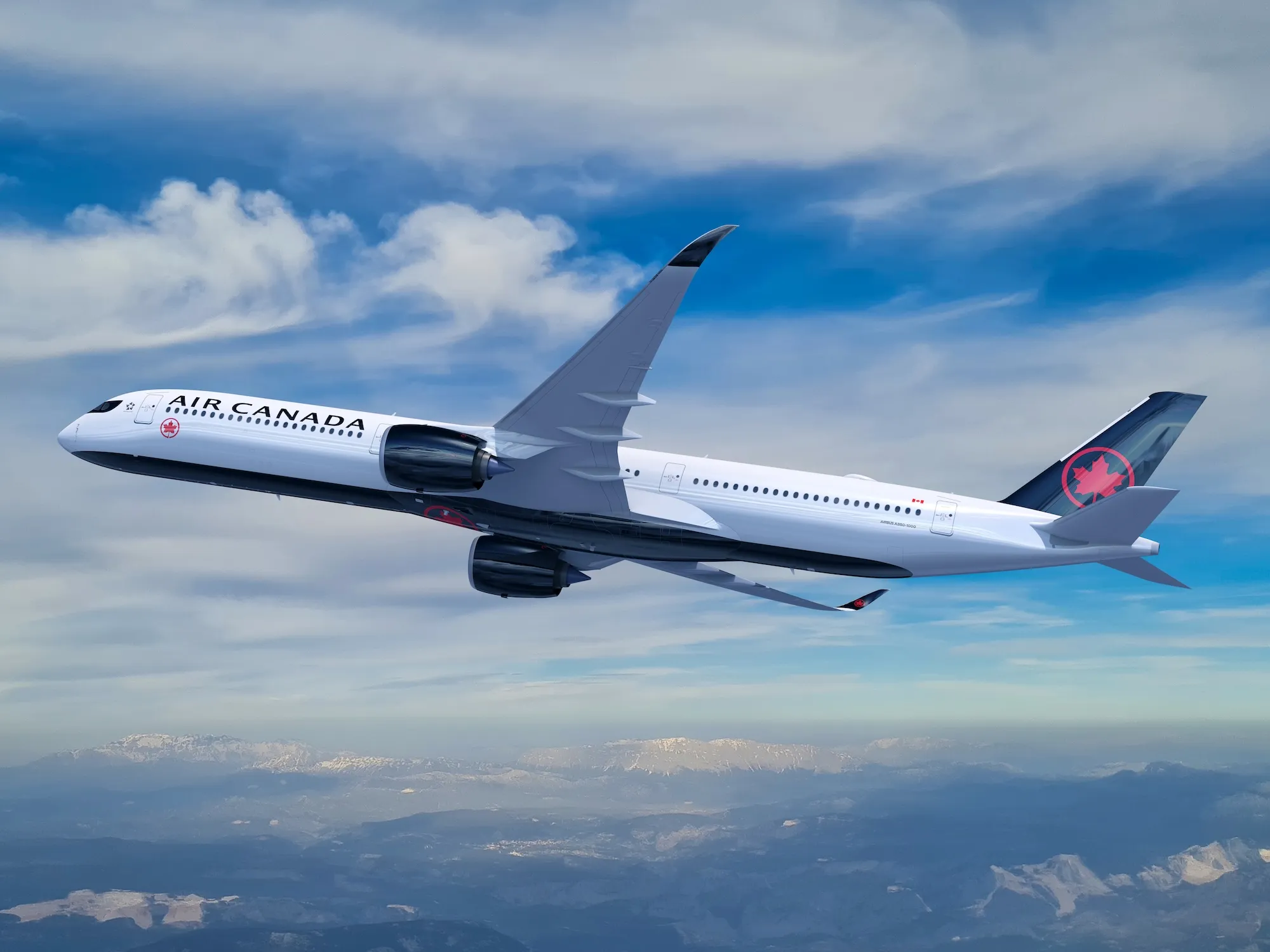
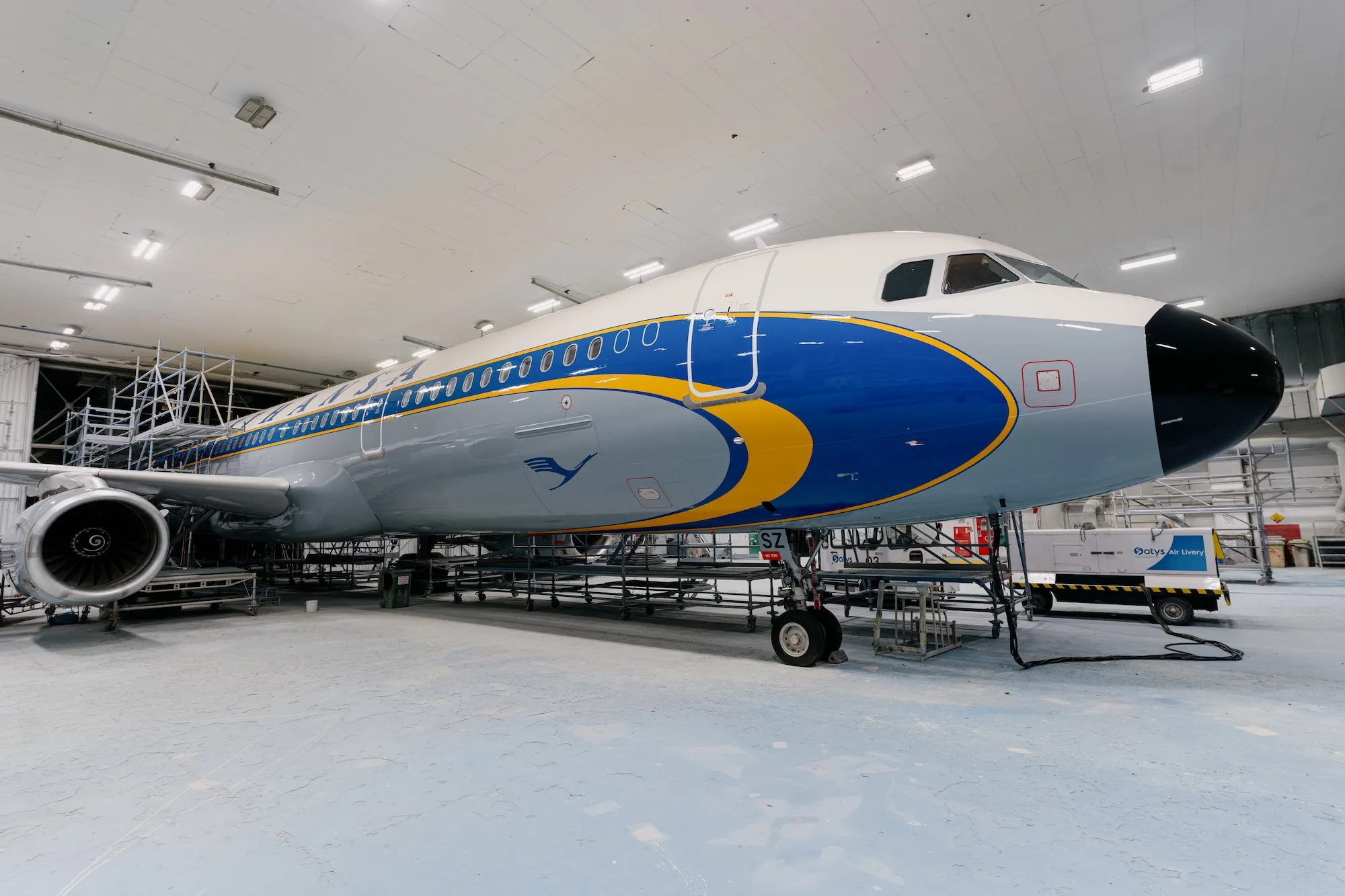
.webp)
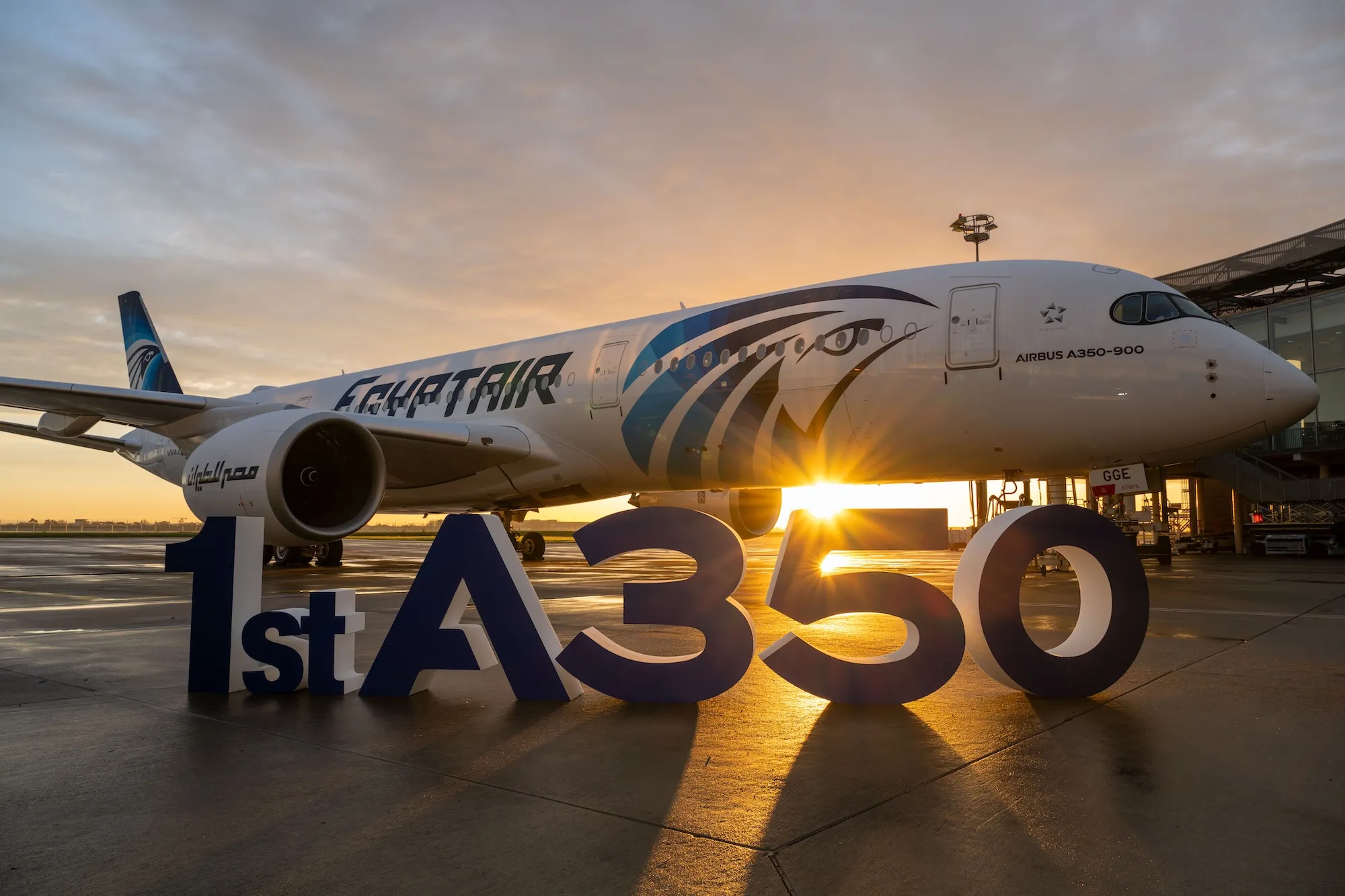
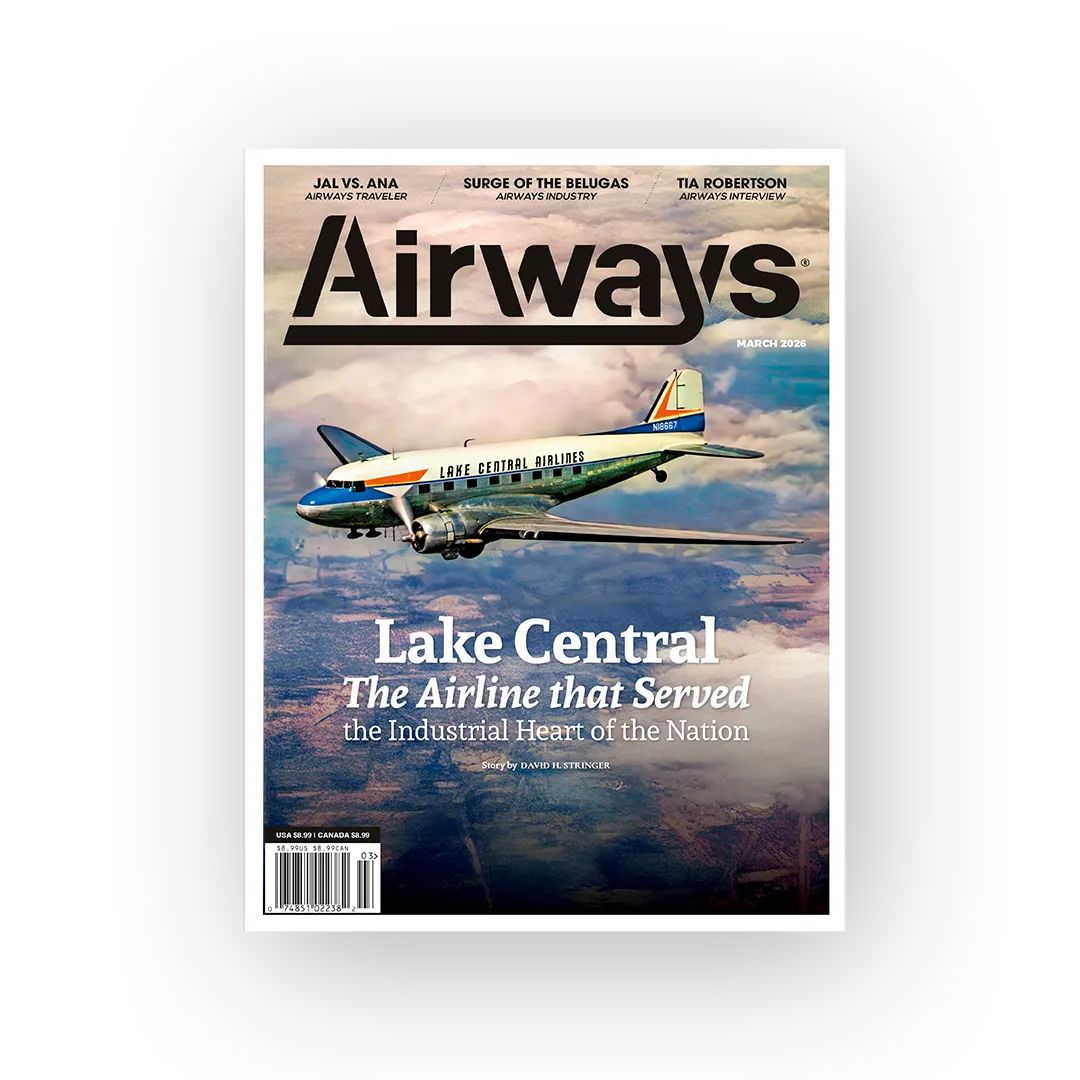

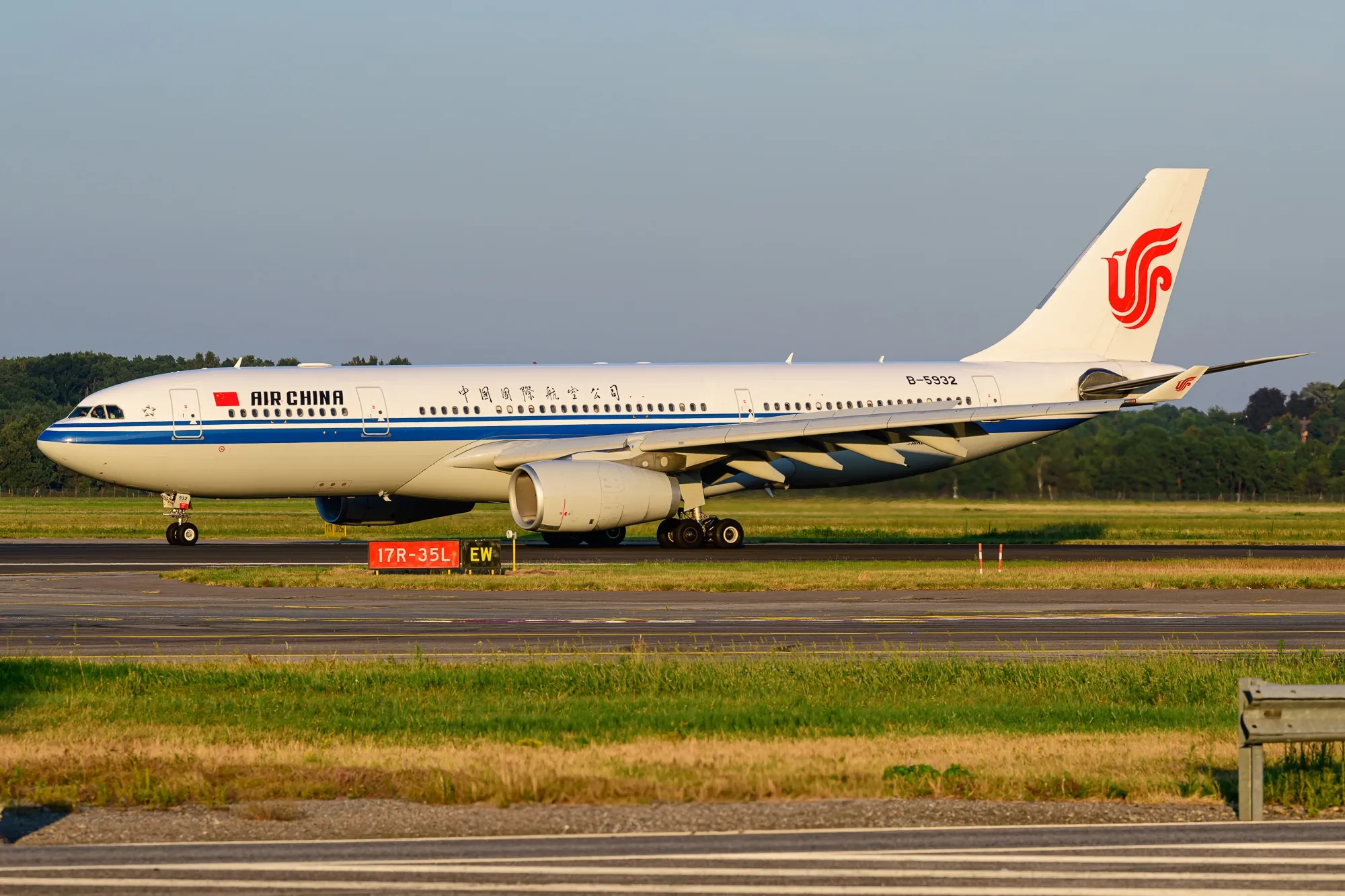
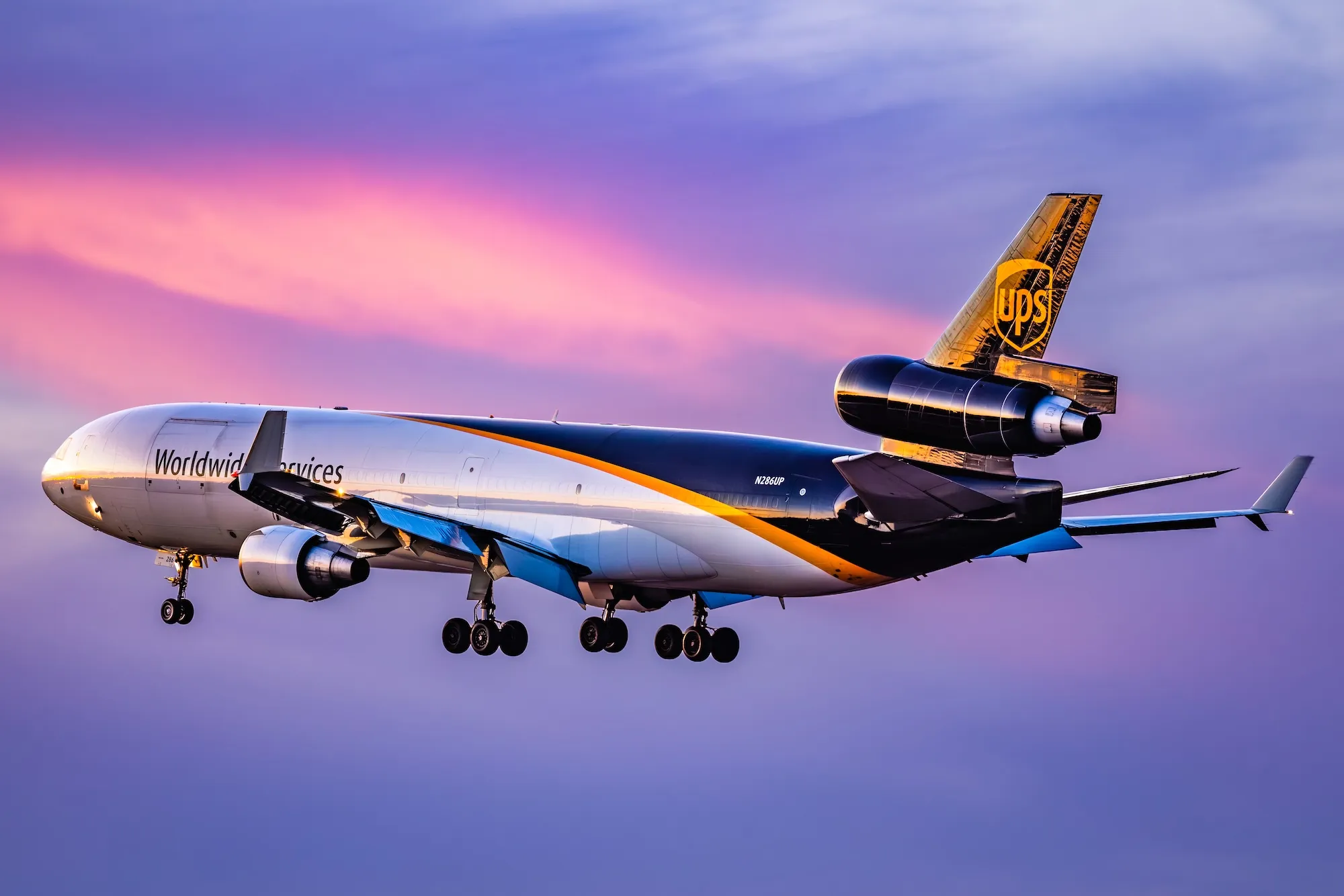
.webp)